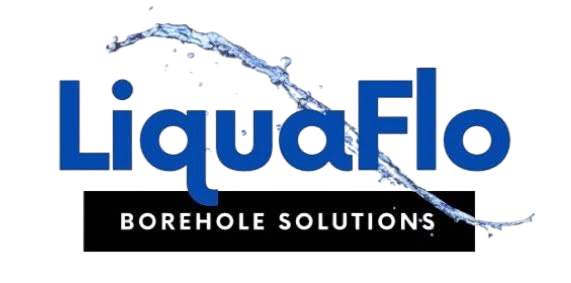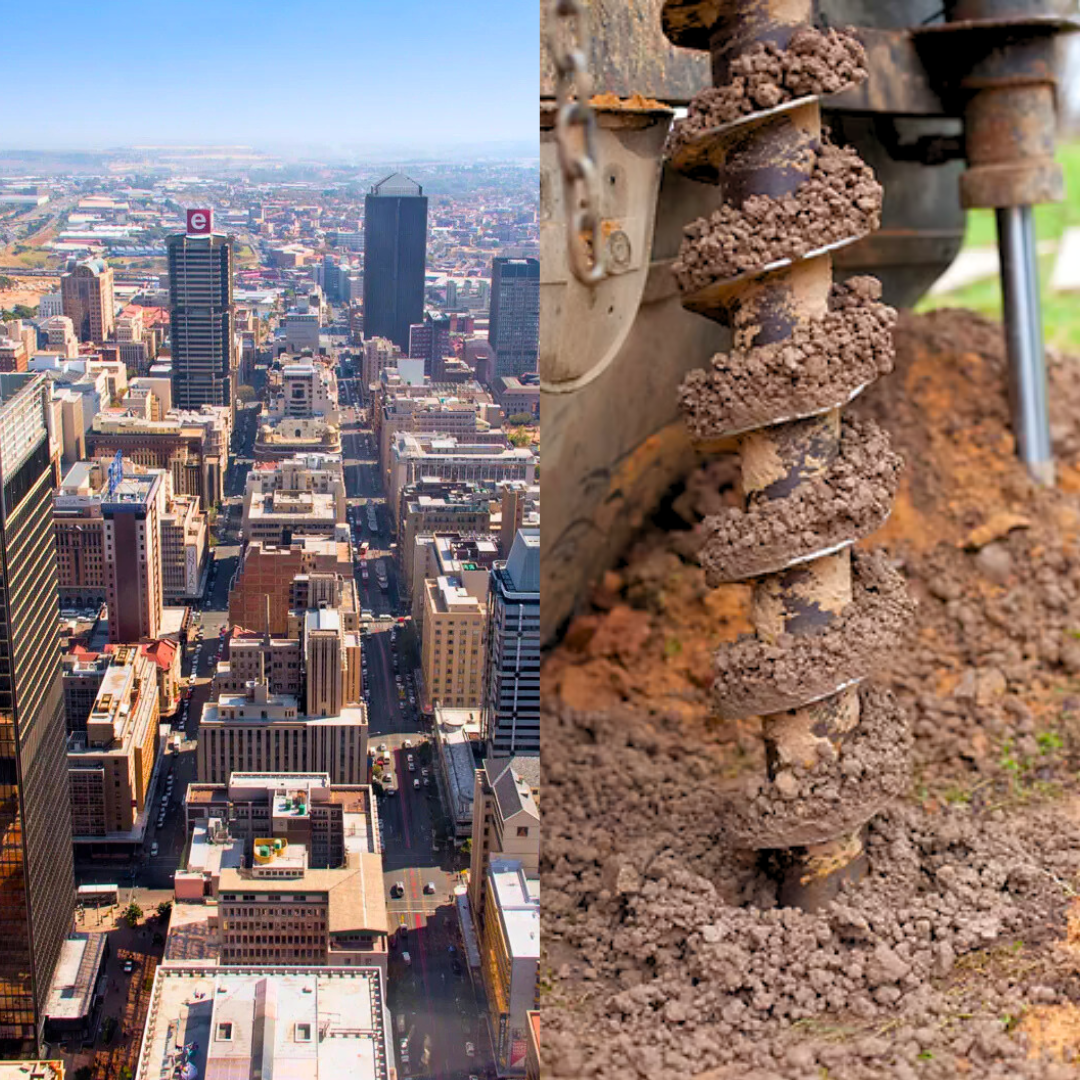Amid growing concerns around water infrastructure and rising demand for alternative water sources, Johannesburg's borehole industry is once again under the spotlight. In the wake of the National Water and Sanitation Indaba held in Midrand last month, where key stakeholders discussed solutions for South Africa’s deepening water crisis, the spotlight has now shifted to municipal regulations — and how they impact the ability of homeowners and businesses to secure borehole water.
Tensions Rise as Municipal Oversight Increases
Recently, drillers operating without proper authorisation have drawn criticism from city officials. While borehole drilling is legal when done responsibly, the City of Johannesburg has begun enforcing stricter consent protocols. This move comes after infrastructure damage allegedly caused by unregulated drilling in sensitive areas.
LiquaFlo Borehole Solutions, based in the south of Johannesburg, has responded proactively to the regulatory push, urging residents and businesses alike to engage only with companies that operate within South African Bureau of Standards (SABS) and SANS 10299-1:2003 guidelines.
"We’ve seen an influx of queries from clients uncertain about how to navigate drilling permits and municipal approvals," says LiquaFlo’s operations director. "There’s a lot of misinformation. Our role is not only to install reliable water systems but to guide our clients through the legal framework with full transparency."
Why Boreholes Still Matter in 2025
Despite recent challenges, the demand for off-grid water solutions is booming — particularly in suburbs like Alberton, Turffontein, and Glenvista, where ongoing water cuts have left residents searching for independence from municipal supply.
The solution? Fully managed borehole systems that include proper geo-surveying, SABS-compliant equipment, and water purification solutions — exactly what companies like LiquaFlo are known for.
Beyond the convenience, it’s about sustainability. Groundwater remains one of Southern Africa’s most underutilised resources. With professional systems in place — including solar-powered borehole pumps and advanced filtration — residents can reduce their water bills and environmental footprint while improving their water security.
 tank with triple filter system installation in Johannesburg, providing clean borehole water supply">
tank with triple filter system installation in Johannesburg, providing clean borehole water supply">
The Importance of SABS Compliance and Municipal Consent
The key message from experts at the Indaba: compliance isn’t optional. Whether you’re drilling for residential, commercial or agricultural purposes, consent must be obtained — particularly in urban or geotechnically sensitive zones.
LiquaFlo emphasizes that all its borehole drilling projects are subcontracted to licensed drilling partners who operate within the SABS SANS 10299-1:2003 framework. The company also supports clients with municipal application paperwork, ensuring each installation is fully traceable and legal.
"Cutting corners on compliance can cost more in the long run," adds LiquaFlo’s team. "We're proud to offer peace of mind in addition to water security."

Looking Ahead: Streamlining Approvals in Johannesburg
Industry voices are calling for a more efficient approval pipeline. Currently, some applications in Johannesburg and Ekurhuleni are facing delays of up to eight weeks. LiquaFlo is optimistic that recent engagements between the Borehole Water Association (BWA) and local councils will lead to a more streamlined process.
In the meantime, they’re encouraging clients to start early — especially ahead of the winter dry season.
"Whether you're drilling for irrigation or installing a pressure pump and filtration system for your home, it’s always better to start the consent process sooner rather than later," says LiquaFlo.



